 Saint Rose of Lima (1586-1617)
Saint Rose of Lima (1586-1617)
Image: Catholic Online
(EWTN) The child who became St. Rose has a special claim for she was the first person in the Western hemisphere to be Canonized by the Church–Only a little more than a half a century before Isabel’s birth, the fabulous land of Peru had been discovered and seized for Spain by the great explorer Francisco Pizaaro who would found Lima in 1535 where he would die just six years later.
Born in Peru, Lima and was one of ten children she was baptized ‘Isabel’ after her Aunt–her baptism occurred at home for as a baby, Isabel was just too weak–several weeks later, tiny Isabel was carried to San Sabastian a nearby Church for baptism by the Parish Priest, Fr. Don Antonio Polanco–by the time that the name ‘Isabel’ was confirmed by Archbishop Toribio of Lima, her name had been changed to ‘Rose’ and this name was bestowed on her.
As the years passed, Rose seemed to take as her roll-model St.Catherine of Siena (Feast Day: 29 April) and like the earlier Saint, Rose experienced an ardent love of God whenever she was in the presence of the Blessed Sacrament, that exaltation completely filled her soul.
Rose who had become a practical young lady, when her family fell into financial trouble, she worked in the garden all day according to Franciscan Media raising beautiful flowers and sewed at night, selling her fine needlework in the local market.
Ten years of struggle began for Rose when against her parents wishes, she refused to get married, finally to end the arguments and marriage proposals, Rose joined the ‘Third Order of St. Dominic’ donning a habit and took her perpetual vows of chastity. — So deep her desire to live her life pleasing to Christ, Rose would spend much of her time at home in prayer and solitude.
During the final years of Rose’s life, she would care for the homeless children, the elderly and the sick in a little room in the house where she lived. — This was the beginning of ‘Social Services’ in Peru.
Not until after Rose’s death this month in 1617 was it known how widely her beneficent influence had extended and how deeply venerated she was by the everyday people of Peru Lima — Though secluded in life, her work was brought to the attention of government officials who could only say of Rose, that she was influenced by grace.
Rose was Beatified in 1668 by Pope Clement IX and Canonized in 1671 by Pope Clement X
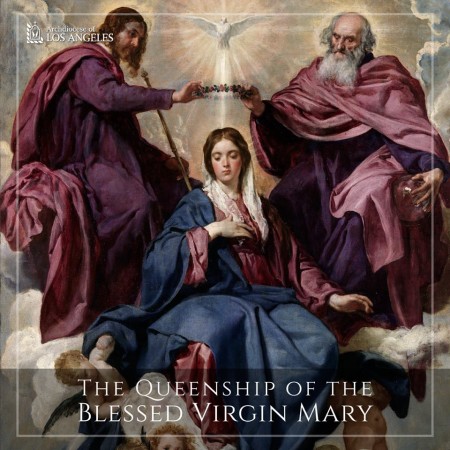 Queenship of the Blessed Virgin Mary
Queenship of the Blessed Virgin Mary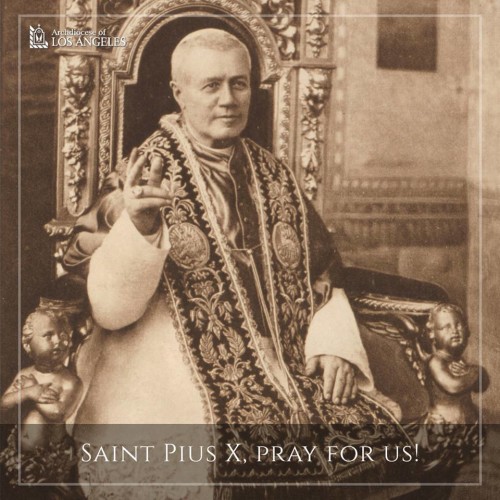 Pope Saint Pius X (1835-1914)
Pope Saint Pius X (1835-1914)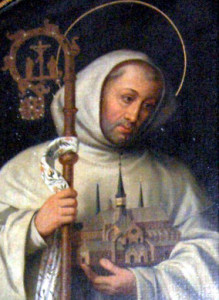
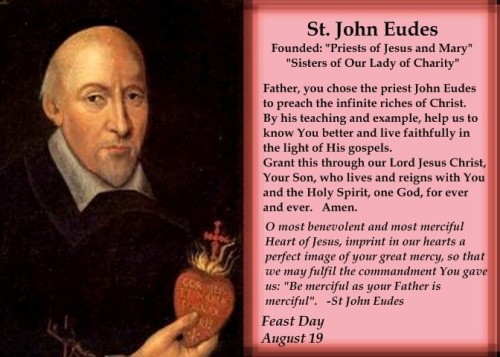 St John Eudes (1601-1680) Pray For Us –Image:
St John Eudes (1601-1680) Pray For Us –Image: 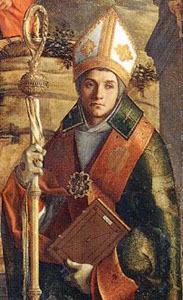

 St. Stephen of Hungary (975-1038)
St. Stephen of Hungary (975-1038)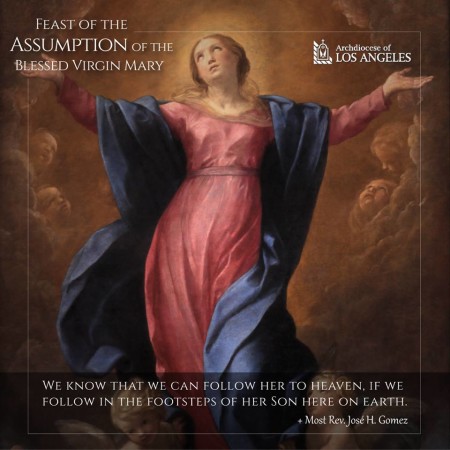 Assumption of the Feast of the Blessed Virgin Mary
Assumption of the Feast of the Blessed Virgin Mary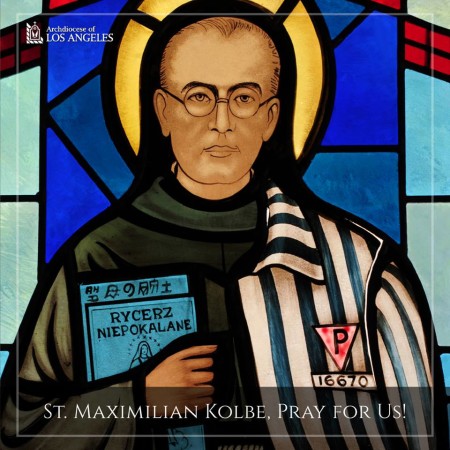 St. Maximilian Mary Kolbe (1894-1941)
St. Maximilian Mary Kolbe (1894-1941)